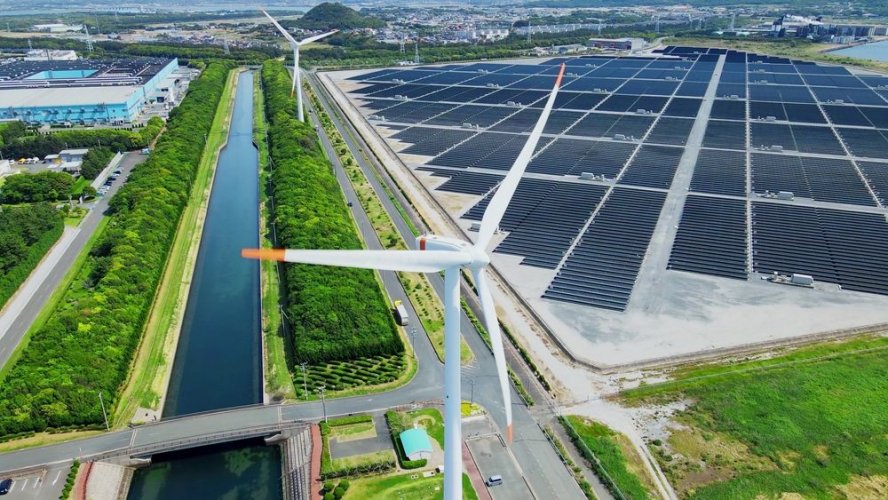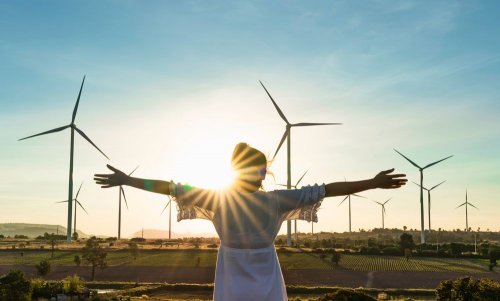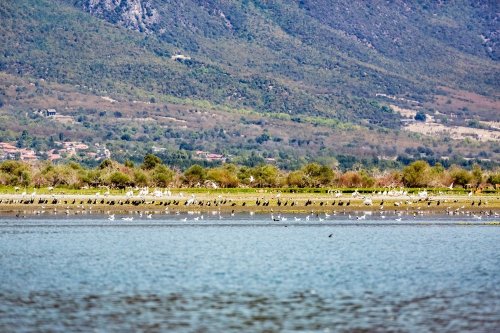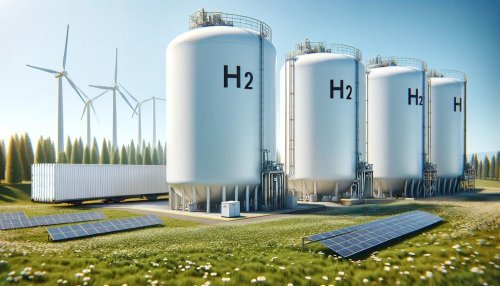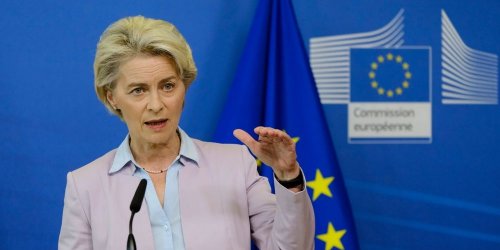In the first half of 2025, countries around the world invested 10% more in renewable energy than in the same period in 2024.
This was reported by The Guardian.
In the first half of 2025, investments in renewable energy technologies and projects worldwide reached a record $386 billion, which is approximately 10% more than last year.
According to experts, global investment in energy is likely to reach around $3.3 trillion by the end of 2025. However, more than $1 trillion of the total amount is likely to be directed towards fossil fuels. On the other hand, about $2.2 trillion is expected to be invested in low-carbon energy generation.
A report by the Zero Carbon Analytics think tank shows that the pace of investment in renewable energy has not slowed significantly. Between the first half of 2023 and 2024, the total volume grew by 12%, and from 2022 to 2023, growth was 17%.
“This shows that the sector still has momentum and underlying strength. Investment in renewable energy is more resilient than might have been expected,” said research analyst Joan Bentley-McKown.
Funding for onshore and offshore wind power grew by about a quarter in the first half of this year. Investments reached £126 billion. China and Europe were the largest markets for offshore wind power.
Since January this year, world leaders have pledged at least $470 billion in clean energy financing, with about three-quarters of that earmarked for energy networks and electricity transmission. This is good news for governments hoping to meet their commitments to reduce greenhouse gas emissions.
Although Donald Trump withdrew the US from the Paris Climate Agreement and rolled back federal efforts to combat the climate crisis, not all states have followed the federal government's lead: 19 states remain committed to net-zero emissions, and 304 large companies headquartered in the US have zero-emissions targets, up from 279 last year.
"American companies know they need to keep pace with the EU, China, and other regions where climate policy is increasingly shaping competitiveness. Zero emissions is not so much a political battle as a race to secure future markets, investments, and jobs," said Thomas Hale, professor of global public policy at the Blavatnik School of Government at the University of Oxford.
We remind EcoPolitic readers that Danish wind turbine manufacturer Vestas continues to invest in Ukrainian wind energy. The total capacity of wind farms installed by the company is 880 MW.
Vestas is currently building the second phase of the Tiligul wind farm, which is owned by Ukrainian energy company DTEK. According to Vestas Regional Director Jose Luis Jimeno, this shows the world that investing in Ukraine is possible and even necessary.
As EcoPolitic wrote earlier, in the UK, the head of the NSTA said that about half of the £100 billion planned to be invested in the North Sea will go not to oil and gas, but to alternative energy sources.
Stuart Payne, head of the North Sea Transition Authority (NSTA), said that the NSTA's focus on green technologies has already helped reduce emissions from oil and gas production by 34%, but there is still much work to be done to improve current results.

